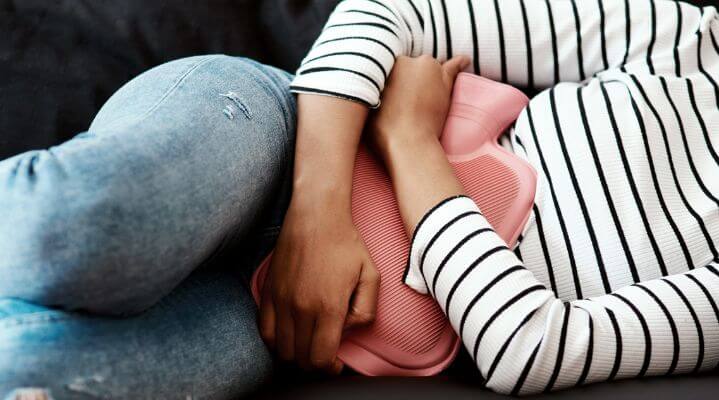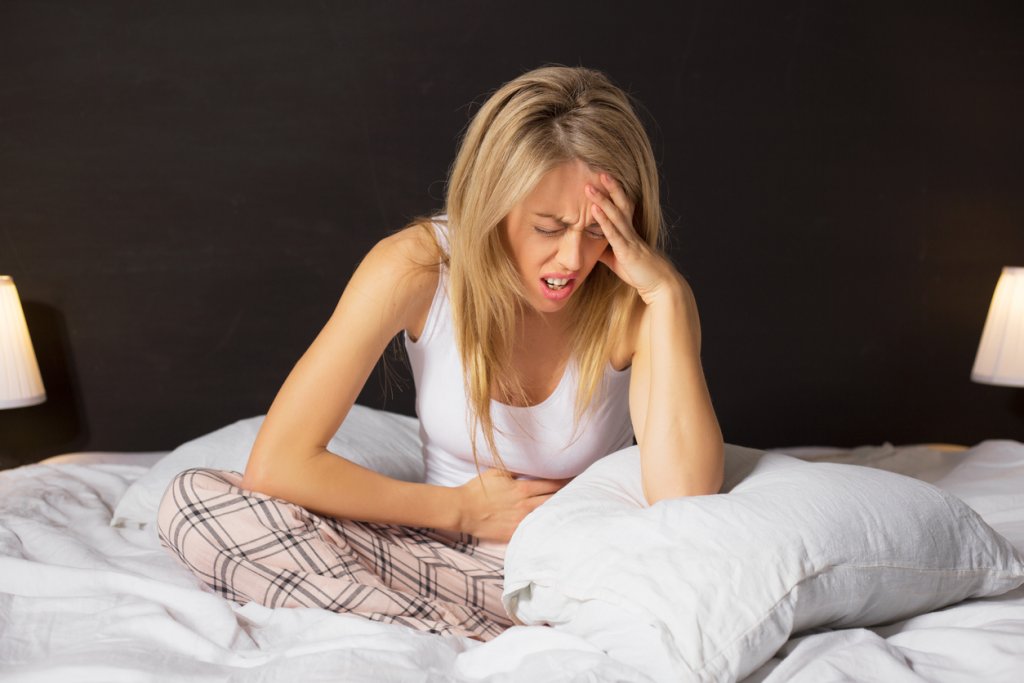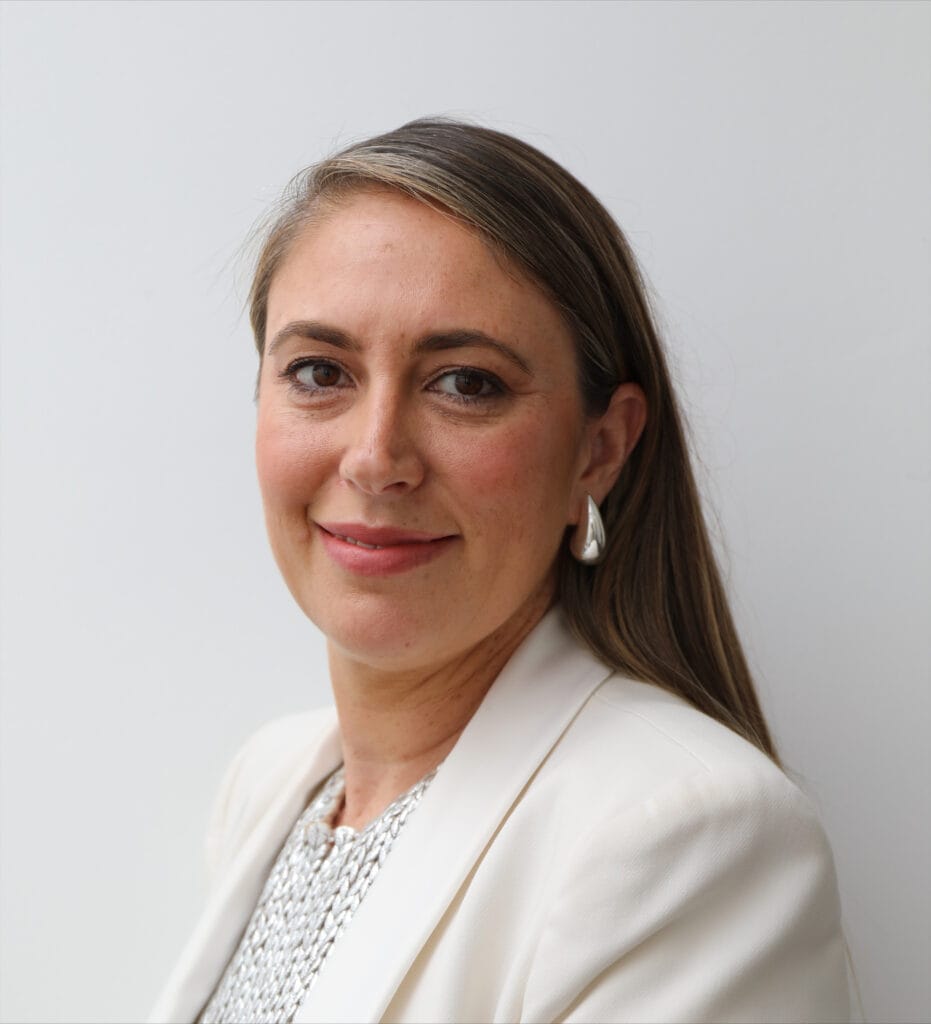
Endometriosis is a common gynaecological condition thought to affect around 1 in 10 women in the UK.
It can affect women at any age but it’s most common in women in their 30s or 40s.
The symptoms of endometriosis range in severity and some patients experience no symptoms. There are a number of treatment options available that can help you manage your symptoms. These range from lifestyle changes to drug treatment or surgery.
Endometriosis can cause problems with fertility, although many women with the condition conceive naturally and go on to have healthy pregnancies. If you’re trying to conceive, or you’re planning to in the coming years, you may be understandably worried about what endometriosis means for you and your future family.
Treatment in relation to fertility depends on symptoms and severity of the condition. You may not need any active treatment, or you may require assisted conception. A discussion with an experienced health professional will help you understand your options.
King Edward VII’s Hospital has a dedicated Endometriosis Centre, committed to helping women with this condition. Consultant Mr Alfred Cutner is the Director and lead surgeon and he works very closely with Fertility Consultant expert Mr Michael Dooley.
Here they explain what endometriosis is, how it can affect fertility and pregnancy, and what treatment options are available.
What is endometriosis?
Endometriosis is a condition where the cells of the tissue that form the lining of the womb are present outside of the womb, such as the ovaries and the fallopian tubes. Other pelvic organs including the bladder and the bowel can also be affected.
During a normal menstrual cycle, the lining of the womb naturally builds up and then during menstruation, bleeds and leaves the body through the vagina. Tissue that has migrated outside of the womb can implant and cause endometriosis. This behaves in the same way as it would inside the womb, but the blood has nowhere to go. It then builds up in your abdomen, causing inflammation or cysts and scar tissue.
What are the symptoms of endometriosis?

Endometriosis can cause mild, moderate or severe pain and the period pain is often worse than normal period pains. You may also get pain with intercourse or on opening your bowels.
Sometimes the endometrium grows in the muscle of the uterus and this is called adenomyosis. This can also be associated with pain and heavy periods and may also result in fertility issues.
Having pain and discomfort each month, feeling tired and having to plan your work, family and social life around your endometriosis can be stressful and make you feel low.
When severe, it can result in you having to take time off work each month. Some patients experience no symptoms but still have fertility issues. This is why an early scan may be appropriate when you’re trying to conceive to assess your pelvis.
Scans may not always see endometriosis but they are non invasive and a first line of investigation. An expert scan is required to give the most information.
Endometriosis and fertility
Many women with endometriosis have no problem with their fertility and are able to get pregnant easily and naturally. Some women with endometriosis do experience difficulty conceiving. The effects of endometriosis on fertility are individual to each woman.
The build-up of scar tissue (also referred to as adhesions) caused by endometriosis can affect the ovaries and the fallopian tubes. Scar tissue can stick to these organs, causing them to twist, narrow or change shape. It can also cause the pelvic organs to become ‘sticky’ and cause them to fuse together.
This can lead to problems with fertility by physically preventing the ovaries from releasing an egg each month. If an egg is released, scar tissue on the fallopian tubes can prevent the egg from travelling to the uterus (womb) and prevent fertilisation. It can also prevent the sperm reaching the egg.
The Pouch of Douglas is an area within the pelvis behind your uterus where the ovaries and fallopian tubes sit. Endometriosis can cause adhesions and scar tissue in this area which can also cause fertility problems as well as pain with intercourse and opening your bowels.
Some women with mild endometriosis experience fertility problems and some women with severe endometriosis experience no problems conceiving. Difficulty falling pregnant is more common however, in women with moderate to severe endometriosis.
The exact reason why endometriosis causes fertility problems in some women and not others is unclear. It may be the scar tissue or the associated inflammation.
Endometriosis and pregnancy
Although endometriosis can cause difficulties in getting pregnant, once you do get pregnant, it should not impact on your pregnancy. Some women with endometriosis do report pelvic pain in the first few months of pregnancy, but in general, this pain improves as their pregnancy develops.
It’s important to let your health team know that you have endometriosis as this may have implications for your care including delivery. Once you’ve given birth and your periods return, it’s unfortunately likely that your endometriosis symptoms, including period pain, will return.
Treatment for endometriosis and fertility

There are various treatment options available for endometriosis, depending on the severity of your symptoms, and whether or not it’s affecting your fertility. Each woman is different, and your treatment options will depend on your age, whether you may want to conceive, and the severity of your endometriosis.
Hormone treatments
There are hormone drugs that stop the production of oestrogen in the body, which can help to reduce the growth and spread of endometriotic tissue. These will help reduce the severity of your symptoms, and help lower pain caused by endometriosis.
They are only used in the short term and symptoms commonly return when they are stopped. They may be used to prepare for fertility treatment or prior to surgery.
Surgery
Endometriosis surgery can reduce the severity of your symptoms and increase your chances of becoming pregnant either naturally or with assistance.
If you’re trying to get pregnant, your doctor may discuss the possibility of surgery with you. The procedure is called a laparoscopy, and is performed as keyhole surgery to your pelvis, while you’re asleep under a general anaesthetic.
Before surgery you should discuss your fertility issues with your doctor to ensure that there are no other concerns. This could include testing your egg reserve, your tubes and doing a sperm test.
In keyhole surgery, a surgeon passes a thin tube through a small cut in your abdomen and can then see the problem. Keyhole surgery may be able to remove the endometriosis and scar tissue that can form in the pelvis as a result of having endometriosis.
Surgery also aims to release any organs fused together with adhesions. This can increase your likelihood of getting pregnant.
If after surgery you continue to have difficulty getting pregnant, you still have options. Sometimes we recommend this immediately. These include fertility drugs and IVF. Sometimes we advise storing your eggs if you don’t have a partner.
The staff at the KEVII Poundbury Fertility Centre can provide support and further information.
More information
- Your GP can give you further information and advice on endometriosis, or you can directly refer yourself to the clinic. We encourage good communication with your other doctors. (Don’t have a GP?)
- Sometimes it can be hard to get a diagnosis of endometriosis. If you think you have the condition, or you have a diagnosis and want to explore your treatment options, our Endometriosis Centre will be able to help you.
- Having endometriosis doesn’t always have to mean not being able to get pregnant. Our expert consultants at Poundbury Fertility can talk you through your options and advise on your best course of action.
Article Sections
Latest Hospital News
Should you wish to speak to our press team, please visit Press Enquiries





